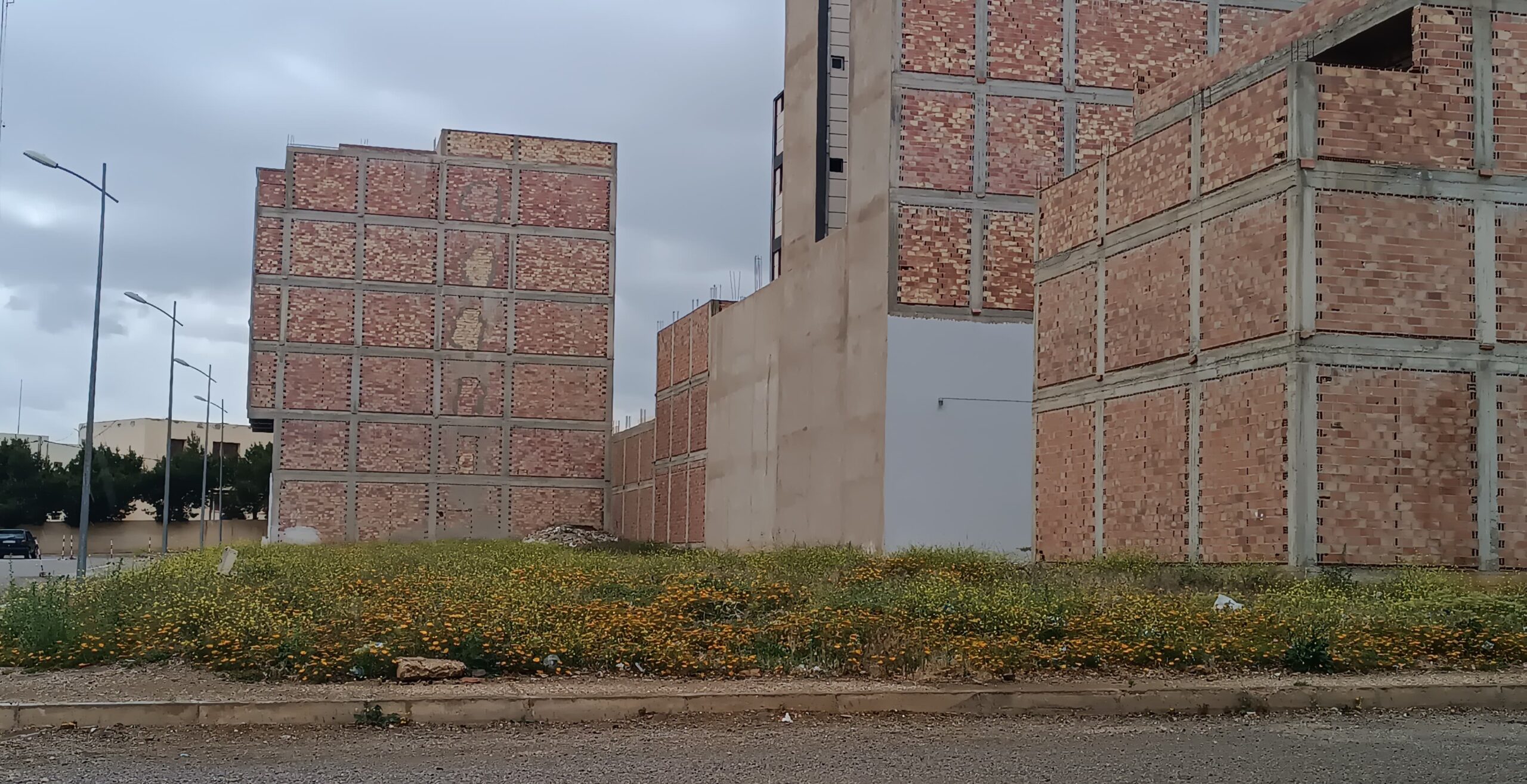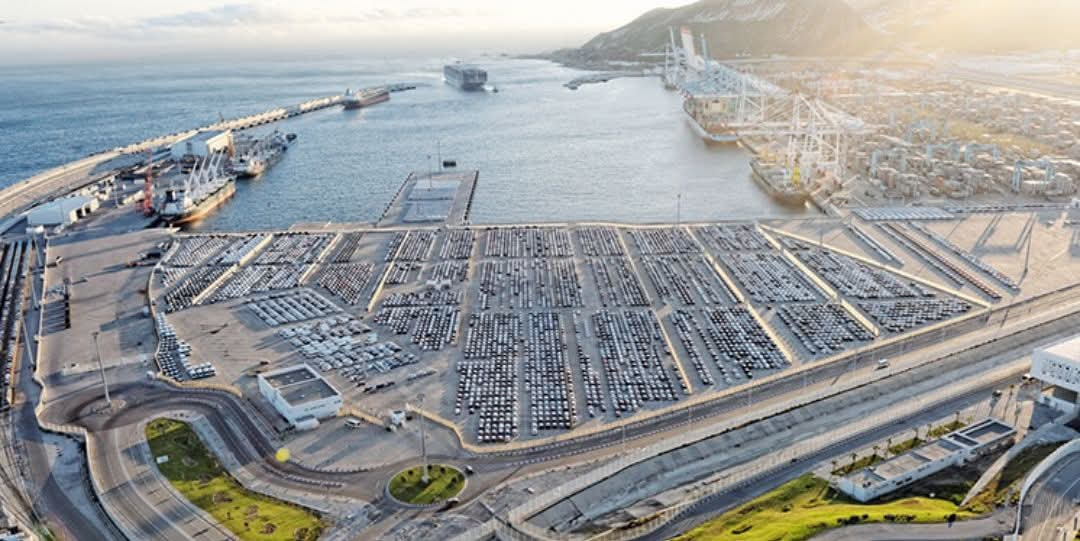Casablanca – Morocco’s House of Representatives has approved a major legislative reform that reshapes the country’s local tax framework, with key measures focused on increasing taxes on undeveloped urban land and transferring the management of major local taxes to the General Directorate of Taxes (DGI).
The reform, enshrined in Law No. 14.25, modifies and supplements Law No. 47.06 on local taxation. It was passed by a significant majority. The new law reflects broader efforts by the government to modernize tax administration and improve fiscal equity across Moroccan municipalities.
Higher tax rates on vacant land based on infrastructure
A central component of the reform is the revision of tax rates applied to undeveloped urban land, which had not been updated since 2008. Under the new system, rates will be linked to the level of infrastructure in the area where the land is located.
- For land in well-equipped zones—defined as areas with full or near-full access to public services such as schools, health centers, roads, electricity and water networks, sanitation, public lighting, urban transport, and waste collection—the tax will range from $1.5 to $3 per square meter.
- In moderately equipped areas, where at least roadways and water/electricity networks exist, the tax will range from $0.5 to $1.5 per square meter.
- In poorly serviced or unserviced zones, the tax will be significantly lower, ranging from $0.05 to $0.2 per square meter.
The classification of each area will be determined by the president of the relevant municipal council, pending approval from the provincial or prefectural governor.
This change aims to incentivize urban development in well-serviced areas and prevent speculative land hoarding. By tying tax rates to the availability of public infrastructure, the government intends to align taxation with actual urban planning and development conditions.
Transfer of local tax management to the DGI
In another significant shift, the law authorizes the General Directorate of Taxes to take over both the issuance and collection of the housing tax and municipal services tax, in addition to the professional tax, which it already manages.
This institutional realignment is seen as a step toward the creation of a unified regional tax administration, consolidating tax functions under one centralized authority. The Ministry of the Interior emphasized that the move would leverage the DGI’s technical expertise and administrative experience, improving overall tax efficiency.
To facilitate this transition, the law grants DGI officials access to taxpayer files previously managed by the Treasury of the Kingdom. This includes records related to the housing and municipal services taxes, which will now be liquidated, issued, and collected under the DGI’s authority. Legal disputes concerning these taxes will also be handled by the DGI, replacing the role of the Treasury in these matters.
New role for local tax collectors
For taxes that remain under the direct control of local governments, the law establishes a new role: territorial tax collectors, who will be responsible for implementing recovery procedures, including forced collection when necessary.
These collectors will be appointed jointly by the Ministry of the Interior and the Ministry of Finance, and are intended to ensure better enforcement of tax collection and reduce the volume of unpaid local taxes. According to the government, this measure is expected to enhance the efficiency of public accountants and strengthen municipal revenues.
Administrative harmonization and future reforms
To support implementation, the Ministry of the Interior plans to issue a guidance circular to regional governors, provincial officials, and local finance officers, outlining procedures for applying the new tax rules.
Interior Minister Abdelouafi Laftit, who introduced the legislation, emphasized that this reform aligns with the directives of Framework Law No. 69.19 on tax reform. He stated that the goal is to ensure fairness among taxpayers while enabling local governments to develop sustainable sources of revenue.
He also noted that the law is part of a broader effort, which will continue with the introduction of additional reforms to implement the full scope of the national tax reform framework.
The adoption of Law No. 14.25 marks a significant milestone in Morocco’s efforts to reform its local tax framework. By updating tax rates in line with actual infrastructure levels and streamlining tax administration processes, the government seeks to establish a fairer and more efficient system for local taxation. This overhaul is expected to strengthen revenue collection, boost local development, and enhance the quality of public services provided by municipalities nationwide.
















